
Anime sometimes called Japanimation, is hand-drawn and computer animation originating from Japan. The term anime is derived from the English word animation, and in Japan is used to refer to all forms of animated media. Outside Japan, the term refers specifically to animation from Japan or to a Japanese-disseminated animation style often characterized by colorful graphics, vibrant characters and fantastical themes. This culturally abstract approach to the word’s meaning may open the possibility of anime produced in countries other than Japan. The earliest commercial Japanese animation dates to 1917. A characteristic art style emerged in the 1960s with the works of Osamu Tezuka and spread in the second half of the 20th century, developing a large domestic and international audience. Anime can be distributed theatrically, by way of television broadcasts, directly to home media, and over the Internet. In addition to completely original works, anime are often adaptations of Japanese comics (known as manga), light novels, or video games. Production methods and techniques related to anime have adapted over time in response to emergent technologies. As a multimedia art form, it combines graphic art, characterization, cinematography, and other creative techniques. Anime production typically focuses less on the animation of movement and more on the realism of settings as well as the use of camera effects, including panning, zooming, and angle shots. Diverse art styles are used, and character proportions and features can be quite varied, including characteristically large or realistically sized emotive eyes. Anime is classified into numerous genres targeting both broad and niche audiences.
Another word that has arisen describing fans in the United States is wapanese meaning White individuals who desire to be Japanese or later known as weeaboo for individuals who demonstrate a strong interest in Japanese anime subculture which is a term t


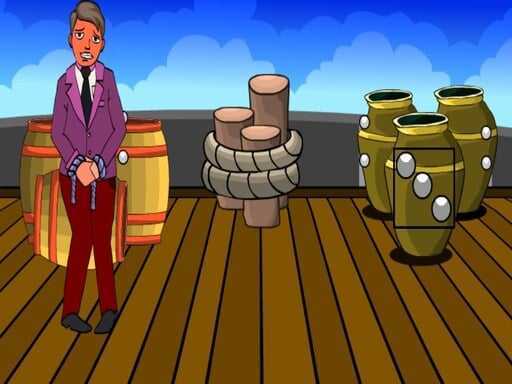
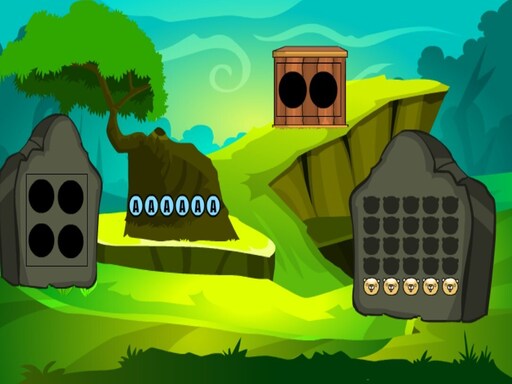





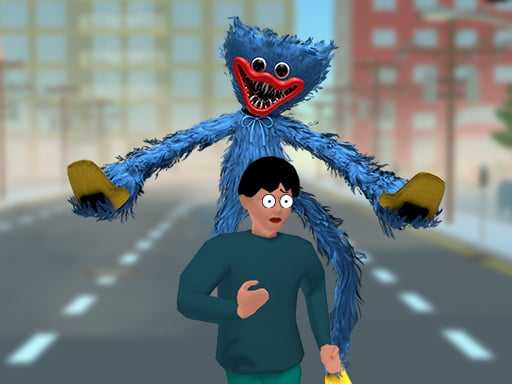


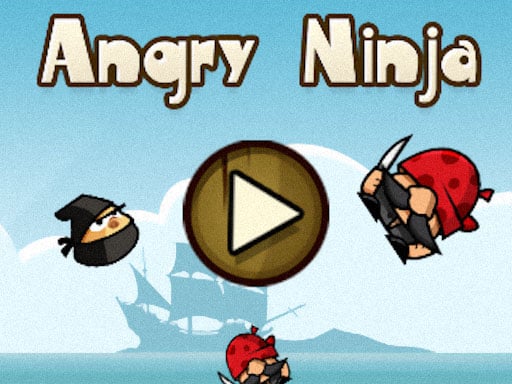
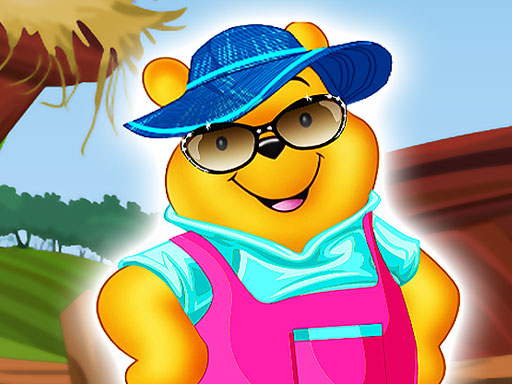
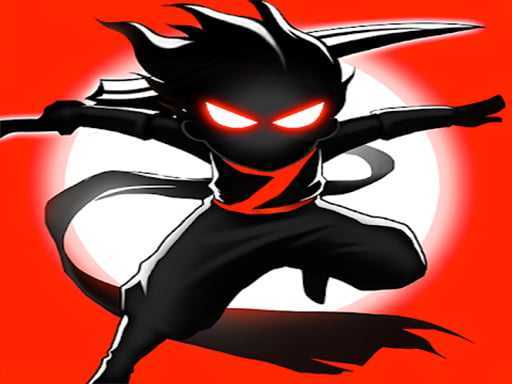




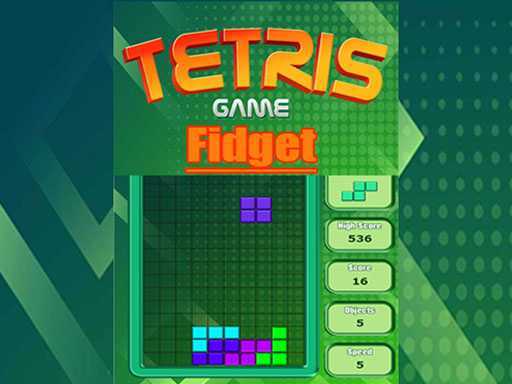
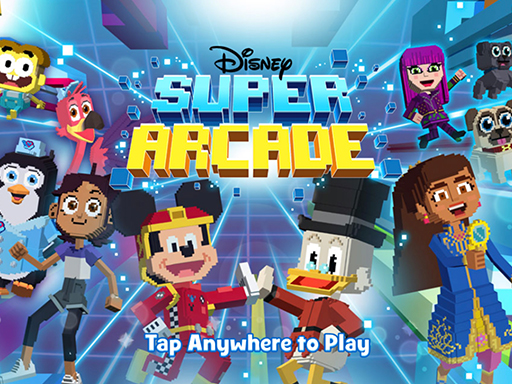


Leave a Reply